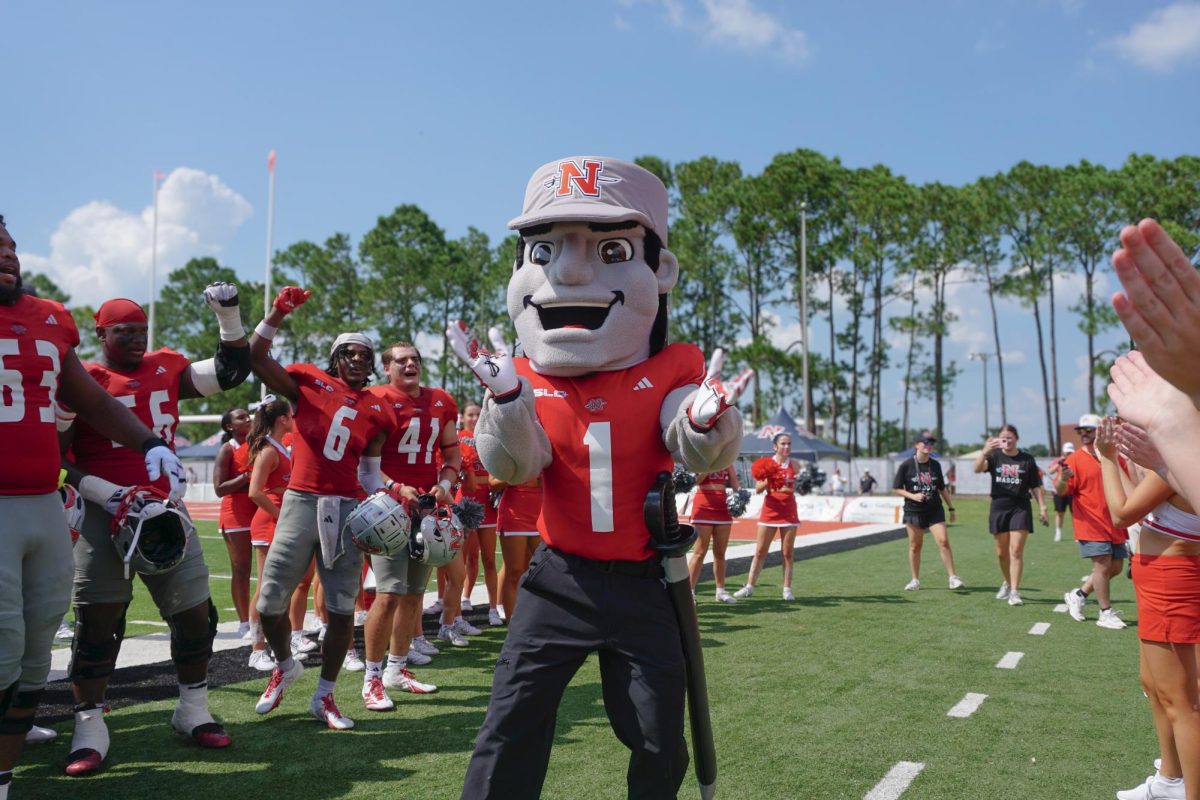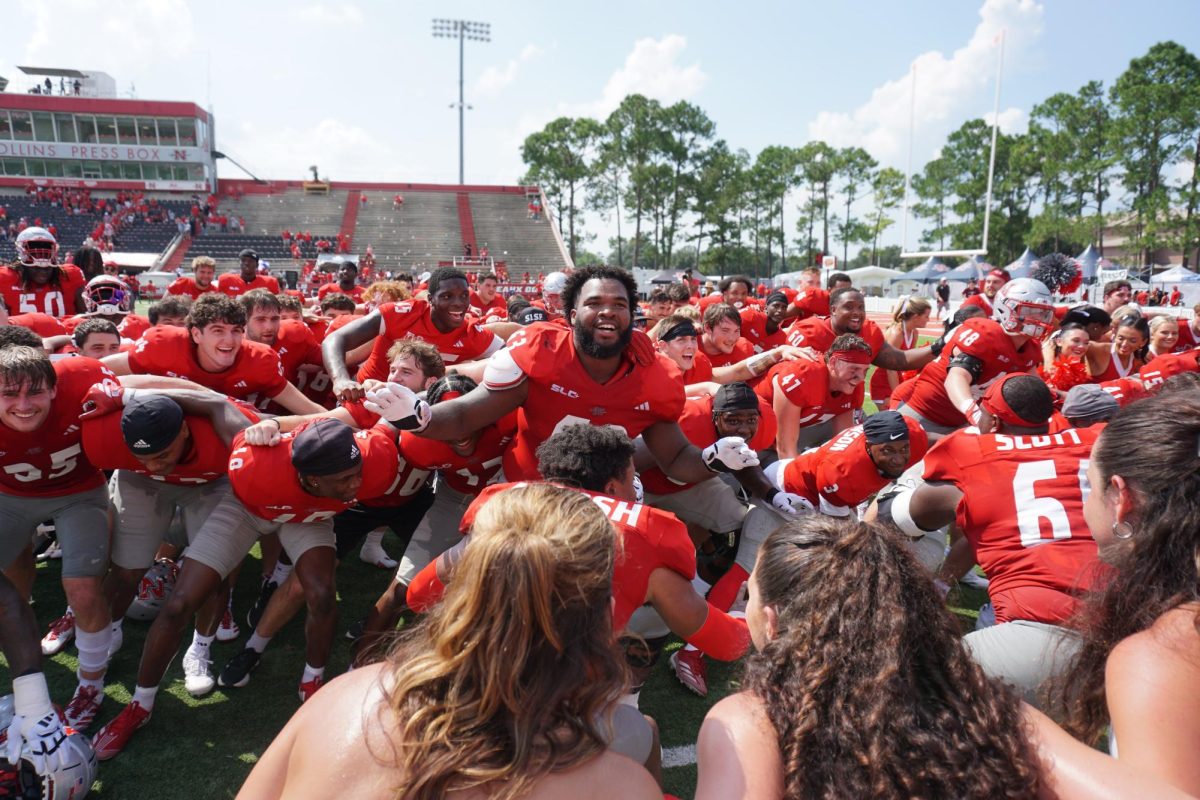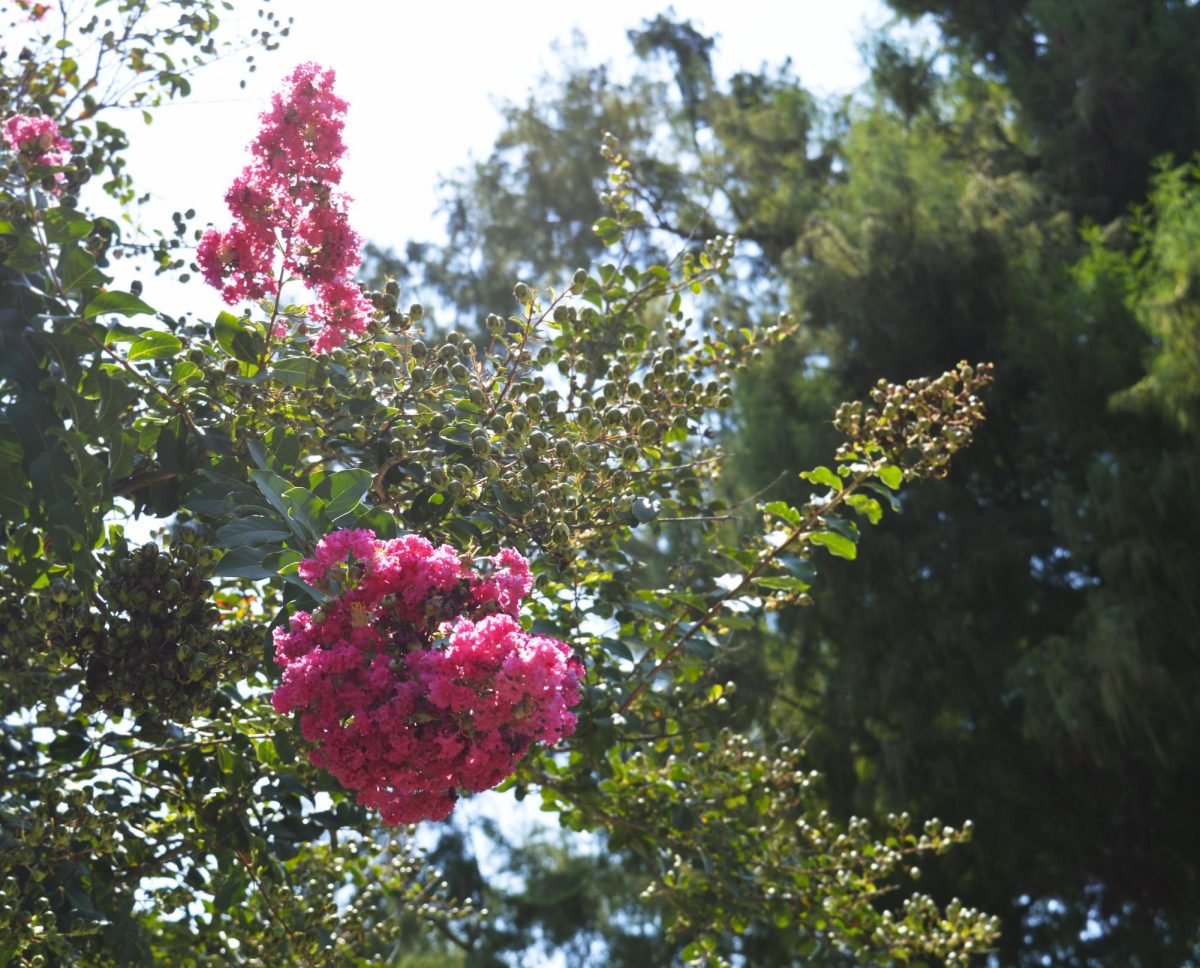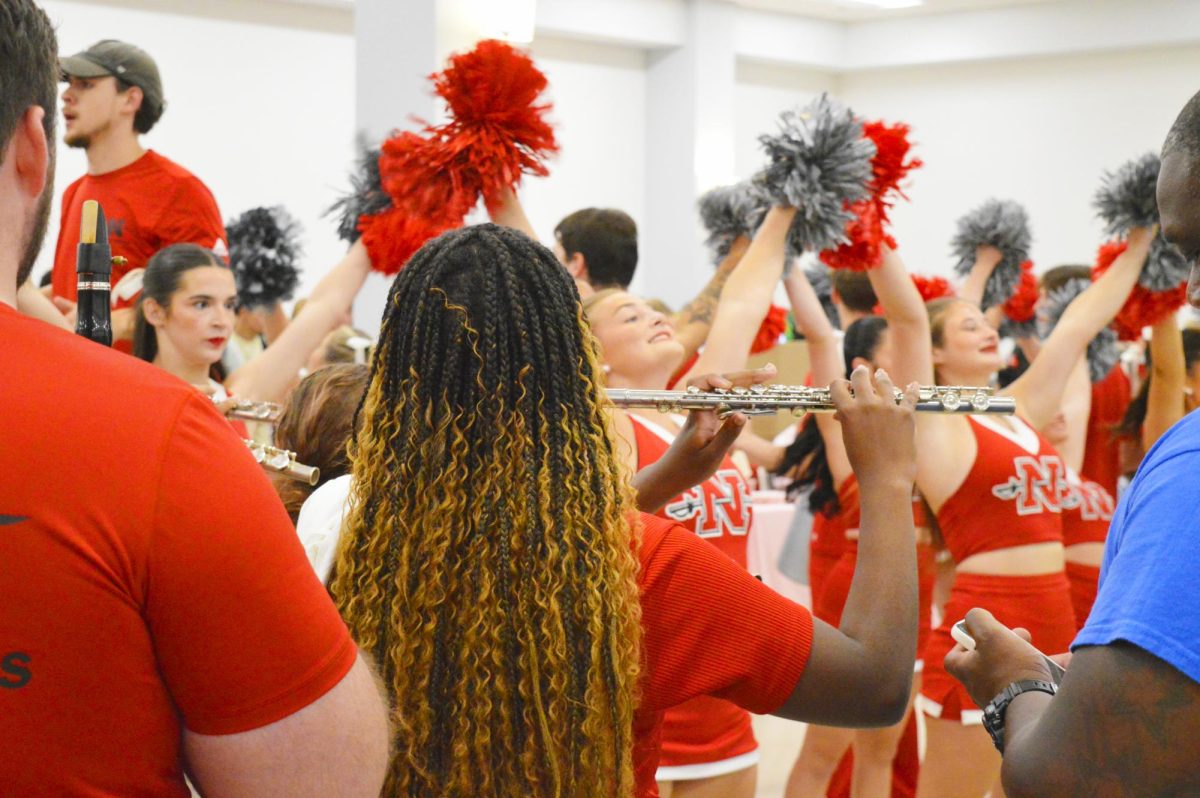With their various experiments, students in the agriculture department at Nicholls are keeping the University Farm a very busy place. “We now have several activities going on,” Dr. Mohammed Ebeid, department head of agriculture, said.
“[The farm is] in a nice setting of triangle shapes. It has all the administration offices and labs in the front,” Ebeid said.
The farm is administered by the agriculture department and has a full-time manager, Randy Toups.
“He comes every Wednesday to tell me what’s going on,” Ebeid said.
The farm also employs two part-time student workers. Ebeid said the farm will have a new greenhouse within two weeks.
Five students are concentrating their efforts on experimenting with bagasse — the byproduct of sugarcane processing — as an artificial soil.
“We’re doing an experiment using the bagasse. You know, when you go to Wal-Mart and K-Mart and buy artificial soils, and they give you some kind of mulch or peat. It’s not really very good, but we are testing the quality of bagasse as an artificial soil,” Ebeid said.
He said bagasse has a high fiber content.
“But it still has some sugar in it and some other valuable nutrients. For the time being, we just use it to burn as a fuel for the manufacturing industries,” Ebeid said.
With a successful experiment, Ebeid said he hopes bagasse can fetch a higher market value.
“This will bring in more income for the farmer, the producer and the manufacturer,” he said.
Ebeid said the consumer will also benefit.
The students conduct the experiments in the greenhouse outside of Beauregard Hall.
“If we succeed in this experiment, we have to duplicate it in a field in order to get a scientific answer because this is what we call a controlled environment. If we succeed in a controlled environment, it does not mean we will succeed in a real environment,” Ebeid said.
“The idea came to me when I met with a local farmer when I came Nicholls back in August. I was trying to find what are the local needs in agriculture and how we can help the farmers.”
Ebeid said he thinks a successful experiment will facilitate a major change in the area’s sugar cane industry. However, he said if the experiment fails in the controlled environment, it is not worth attempting in the field.
Ebeid also researched an alternative to burning the tops of sugar cane stalks, but could not fund an experiment.
“With the fuel prices going high now, we need to look for alternative fuels. I was thinking about biofuel, but I found out the experiment will be too costly. Maybe in the future we’ll do it,” he said.
The farm is also home to experiments involving cattle. Feeding projects and artificial insemination experiments are being conducted.








